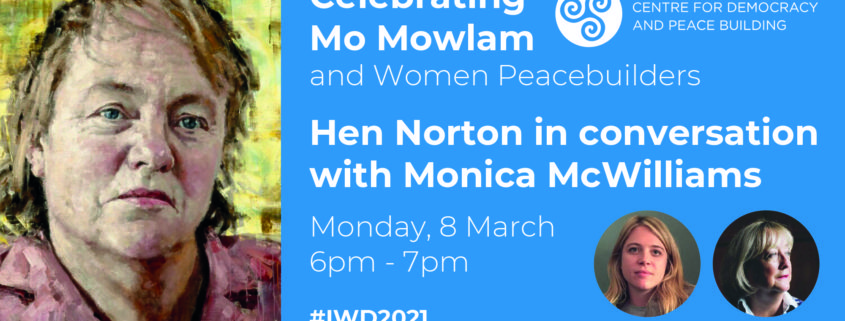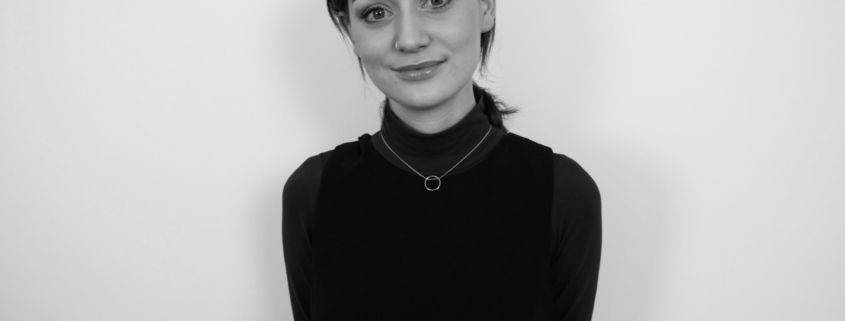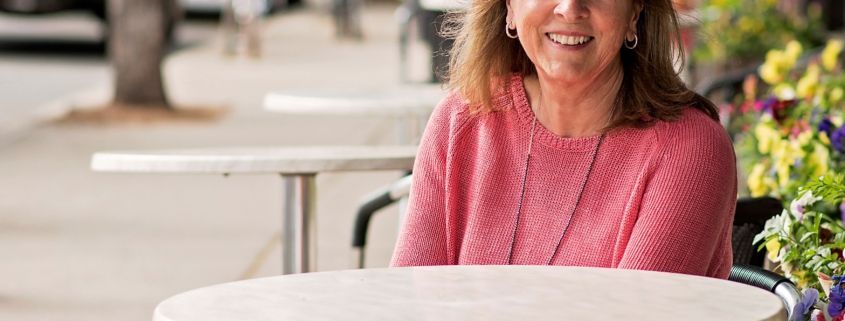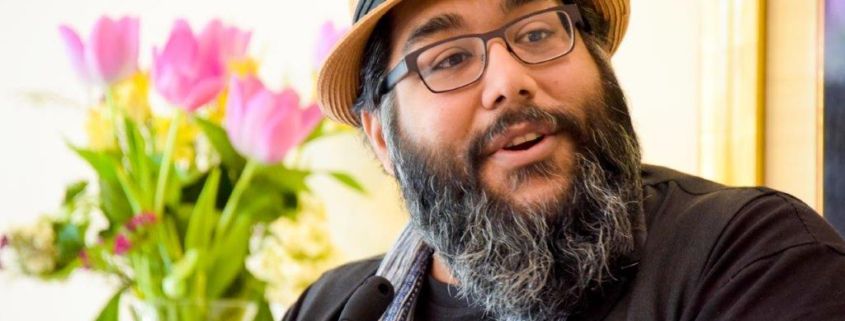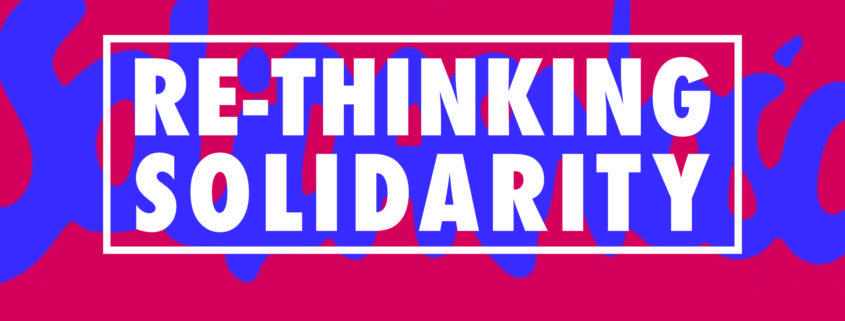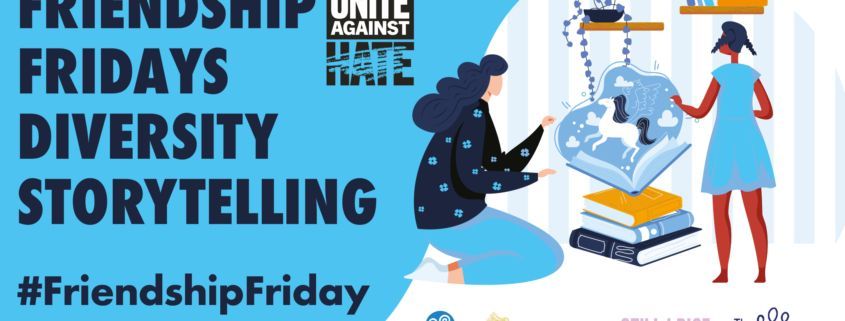Celebrating Mo Mowlam and Women Peacebuilders: Hen Norton in conversation with Monica McWilliams
Join us for an informal conversation between Professor Monica McWilliams, Co-founder of The Women’s Coalition and Henrietta Norton film director and step daughter of Mo Mowlam, to celebrate Mo’s personal and political legacy and successfully negotiating the Belfast/Good Friday Agreement, as part of the International Women’s Day celebrations on the 8th March 2021.
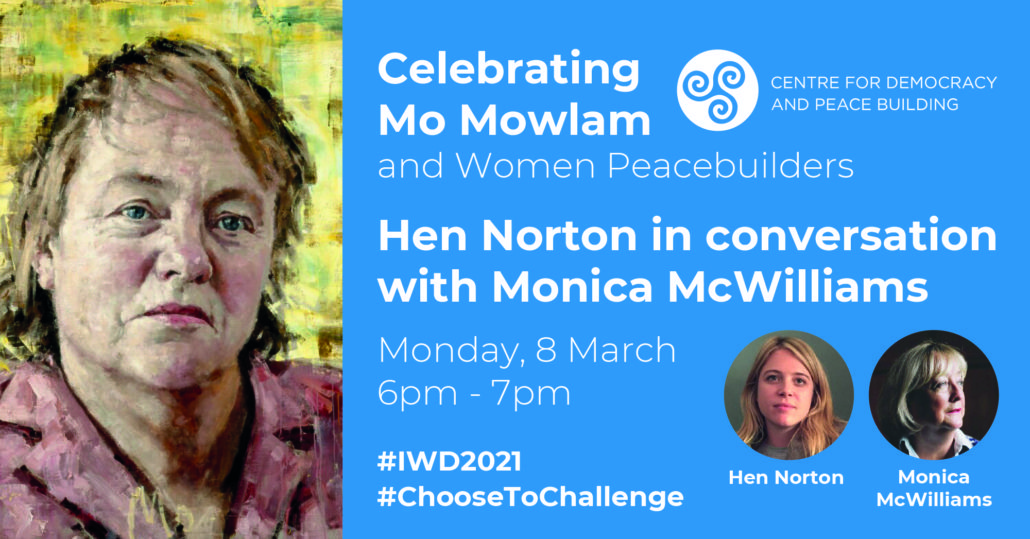
Women like Mo and Monica and the many others who played such a key part in the process are too easily forgotten in this story but their role was pivotal to the peace agreement’s success.
Monica and Henrietta will celebrate Mo and the women she worked alongside in this intimate and informal conversation in memory of Mo’s legacy.
Date: 8 March 2021
Time: 6pm – 7pm
Register at: https://us02web.zoom.us/webinar/register/WN_YNi9dLr4R6KGWpFqVlJOkA
#IWD2021 #ChooseToChallenge
Niamh McDade: Twitter Best Practices
Niamh McDade, Deputy Head of Public Policy in the UK will delve into best practices for campaigning on the platform, Niamh will share tips on how to maximise engagement and reach, the variety ways Twitter can be used, hashtag tips, some dos and don’ts and also touch of safety and security.
- Date: Wednesday, 24 March 2021
- Time: 1pm – 2pm
- Register: www.tinyurl.com/v5c4e63v
Q&A hosted by Ani Kanakaki, Groundwork NI
Part of Pop Up Leadership Academy for Ethnic Minority Leaders organised in partnership between Centre for Democracy and Peace Building and Washington Ireland Program, and supported by Irish American Partnership.
Dr Donna Hicks: Leading with Dignity
Dr. Donna Hicks is an Associate at the Weatherhead Center for International Affairs, Harvard University, and the former Deputy Director of the Program on International Conflict Analysis and Resolution (PICAR).
She worked extensively on the Israeli/Palestinian conflict and as a member of the third party in numerous unofficial diplomatic efforts. In addition to her work in the Middle East, Dr. Hicks founded and co-directed a ten-year project in Sri Lanka. She has also worked on the conflicts in Northern Ireland and Colombia and conducted several US/Cuba dialogues.
She is the author of the book, Dignity: It’s Essential Role in Resolving Conflict, published in 2011 by Yale University Press. Her second book, Leading with Dignity: How to Create a Culture That Brings Out the Best in People, was published by Yale University Press in August 2018.
- Date: 10 March 2021
- Time: 1pm – 2pm
- Register at: https://tinyurl.com/drdonnahicks
Q&A hosted by Adriana Morvaiova, Diversity and Inclusion Champion
Part of Pop Up Leadership Academy for Ethnic Minority Leaders organised in partnership between Centre for Democracy and Peace Building and Washington Ireland Program, and supported by Irish American Partnership.
Abdul-Rehman Malik. Embodying Story, Nurturing Transformation: The Storyteller as Changemaker.
Abdul-Rehman Malik. Embodying Story, Nurturing Transformation: The Storyteller as Changemaker.
Abdul-Rehman Malik is an award winning journalist, educator and cultural organizer. Lecturer and Associate Research Scholar at the Yale Divinity School, he also serves at the Program Coordinator at Yale University’s Council on Middle East Studies, and is responsible for developing curricula and partnerships with public schools to promote better cultural, language and religious literacy about the Middle East to educators and students alike. Abdul-Rehman also serves as Director of the Muslim Leadership Lab, an innovative student leadership program being incubated at the Dwight Hall Center of Social Justice at Yale. His work has spanned the UK, United States, Indonesia, Pakistan, Sudan, Mali, Morocco, Singapore, Canada and Malaysia among others. He is the host of the recently launched podcast “This Being Human” which explores kaleidoscope of contemporary Muslim experience and identity, and is supported by the Aga Khan Museum.
- Wednesday, 24 February 2021 | 1pm – 2pm
- Register: www.tinyurl.com/5ex78o9j
Part of Pop Up Leadership Academy for Ethnic Minority Leaders organised in partnership between Centre for Democracy and Peace Building and Washington Ireland Program, and supported by Irish American Partnership.
Re-thinking Solidarity
Following the success of the first webinar, which marked the 40th anniversary of the foundation of Solidarnosc – the first independent trade union in the Soviet bloc, which led to the collapse of communism and a peaceful transition to democracy across Central and Eastern Europe, we are launching Re-thinking Solidarity series.
Re-thinking Solidarity will bring together leading academics, historians, philosophers, theologians, social activists, policy makers and legislators to engage in thoughtful reflection and re-think what solidarity means today, in light of a variety of societal changes, the current geopolitical situation and the consequences of COVID-19 pandemic.
We will explore the idea of solidarity in the context of religion and inter-faith dialogue; environmental and financial sustainability; politics and political psychology; and equality and social justice.
The series of webinars will be chaired by Lord Alderdice – a psychiatrist who, as Leader of Northern Ireland’s Alliance Party was one of the key negotiators of the 1998 Good Friday Agreement, then first Speaker of the new Northern Ireland Assembly, and subsequently one of four international Commissioners who oversaw security normalization in Ireland. A member of the House of Lords since 1996 and Convenor of the Liberal Democrats in the Lords during the Coalition Government, he was President of Liberal International – the global federation of liberal parties – and currently has various appointments at the University of Oxford including as Director of the Centre for the Resolution of Intractable Conflict.
Re-thinking Solidarity webinars will be subsequently published as a series of essays, and when it is possible, we do hope to convene further seminars in Oxford and Rome.
Re-thinking Solidarity is organised by the Centre for Democracy and Peace Building and the Political Theology, in partnership with St. Benet’s Institute, St. Benet’s Hall, University of Oxford and The St. John Paul II Institute of Culture at Pontifical University of St. Thomas Aquinas Angelicum in Rome, and supported by the Polish Cultural Institute in London.
Re-thinking Solidarity
- 23 Oct 2020: Solidarity, religion and inter-faith dialogue
Register at: https://tinyurl.com/y4hqhrpk
- Lord Alderdice (chair)
- Dariusz Karlowicz, Political Theology
- Nazila Ghanea, University of Oxford
- Daniel Greenberg, Jewish Law and Ethics
- Jaroslaw Kupczak OP, St. John Paul II Institute of Culture, Angelicum
- 20 Nov 2020: Solidarity between the generations – environmental and financial sustainability
Register at: https://tinyurl.com/y5p7www3
- Lord Alderdice (chair)
- Helen Alford OP, Vice Rector, Angelicum
- Kalypso Nicolaidis, University of Oxford
- Carlos Fidalgo Gallardo, Universidad de Sevilla
- Marek A. Cichocki, Political Theology
- 18 Dec 2020: Solidarity, politics and political psychology
Register at: https://tinyurl.com/yyrm2bnz
- Mark Devenport, former BBC NI Political Editor (chair)
- Deniz Arıboğan, Uskudar University, Istanbul
- Ewa Thompson, Rice University
- Alejandro Crosthwaite OP, Dean of the Faculty of Social Sciences, Angelicum
- Michał Gierycz, Dean of the Faculty of Social and Economic Studies UKSW
- 19 Feb 2021: Solidarity, equality and social justice
Register at: https://tinyurl.com/y5p8t5s4
- Lord Alderdice (chair)
- Fr Michal Paluch, Rector of the Pontifical University of St Thomas Aquinas (Angelicum)
- Dr Austen Ivereigh, Fellow in Contemporary Church History, Campion Hall, Oxford
- Sally J. Scholz, PhD, Chair, Department of Philosophy, Villanova University
- Professor Tomasz Zyro, University of Warsaw and Political Theology
Diversity Storytelling with Still I Rise
Join us on for storytelling sessions with Still I Rise and learn about diversity, empathy, love, emotional well-being, kind words and inclusive language and have some family fun. Part of Unite Against Hate’s #FriendshipFriday initiative.
- Dates: 5, 12, 26 February and 5, 12, 19 March 2021
- Time: 1.30pm to 2.15pm
- Suitable for children 5-11 years old
- Sessions will be delivered via Zoom
- Register at: https://tinyurl.com/yyh8cq7t
To learn more and access Friendship Friday toolkit please visit: http://uniteagainsthate.org.uk/resources/

